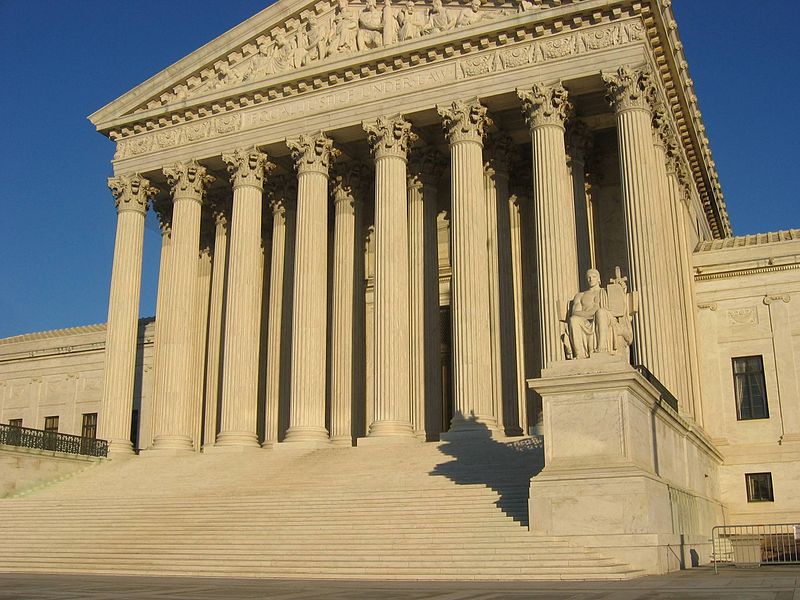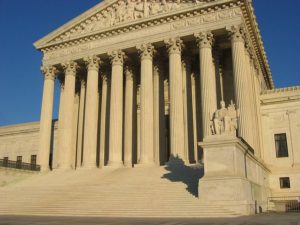Charging for a Public Defense: The Impossible Choice Facing Indigent Defendants in Cook County
Today at DNAinfo Chicago, reporter Erin Meyer covers Chicago Appleseed’s recent investigation into judges denying public defenders to defendants without conducting the constitutionally-required indigence hearings.
As mentioned previously on this blog, Chief Judge of the Cook County Circuit Court, Timothy C. Evans, issued General Administrative Order No. 2013-11 on August 13 in response to our investigation that uncovered a practice where judges routinely denied public defenders to defendants merely because they had posted bond and without the required indigence hearing. Furthermore, in cases where a public defender was assigned, the public defender’s office would often be reimbursed from the defendant’s bond money on a motion by the assistant state’s attorney – also without an underlying indigence hearing. The Chief Judge’s order and accompanying memoranda, available here, require the courts to conduct hearings on indigence based on financial affidavits and in line with Illinois statute and federal constitutional law.
Though we commend Chief Judge Evans on the action he’s taken, the fight is far from over. We have already received confirmation that many judges are still continuing with the improper practice and some are not even aware of the Chief Judge’s order or its significance. For that reason we are calling upon our partners to help us in carrying out a monitoring program to assure and assess compliance.
As an item for reflection, this year marks the 50th anniversary of Gideon v. Wainwright, the U.S. Supreme Court case which extended the right to provided counsel for defendants who are unable afford their own attorneys. The ruling was based on the principle that the quality of a person’s defense, the quality of justice in courts throughout this country, should not depend on wealth—that the law in this country is based on principle and not on circumstance. In Cook County, however, we turn a blind eye to this right by assuming that a defendant who has mustered a few hundred dollars for his or her bond—often by borrowing from family members or acquaintances—can afford the several thousand needed to retain a lawyer for a felony case. Effectively, this fiction forces poor defendants in Cook County to choose between pre-trial freedom and their right to a public defense.
There are several reasons why this practice has taken hold. One reason is Cook County’s over-reliance on monetary bonds; for more on this see our previous entries on this topic here. The chief reason, however, may be simple expedience. Our courtrooms process 28,000 cases a year, half of which are non-violent drug-related offenses. For this reason–and as anyone who has observed preliminary hearings can attest–our courts operate at a break-neck pace, with cases being taken up and processed before defendants often realize what has happened. For the court, the prospect of making time for defendants to fill out and then to consider the required financial affidavits may seem burdensome in an environment that is oriented away from individual considerations and toward an assembly-line approach to setting dates, accepting pleas, and granting continuances. In such a system the voice of the defendant, asking that a right of his or hers be acknowledged, seems like a disruption of the court’s work rather than one of its principle concerns.
The result is that in the half-century since Gideon we are still balking at its core, animating principle: that we consider these people as individuals deserving of equal justice regardless of economic status.
U.S. Constitutional law, Illinois jurisprudence, and the statutes are very clear in stating that such an assumption based on the posting of bond is improper. Available here is our memorandum and draft general order we submitted on June 14 to the Chief Judge’s office for his consideration, which contains a comprehensive analysis of the illegality of the present practice.
As before, we call upon those interested to take part in our monitoring program and we commend Judge Evans for his swift and thoughtful response.



